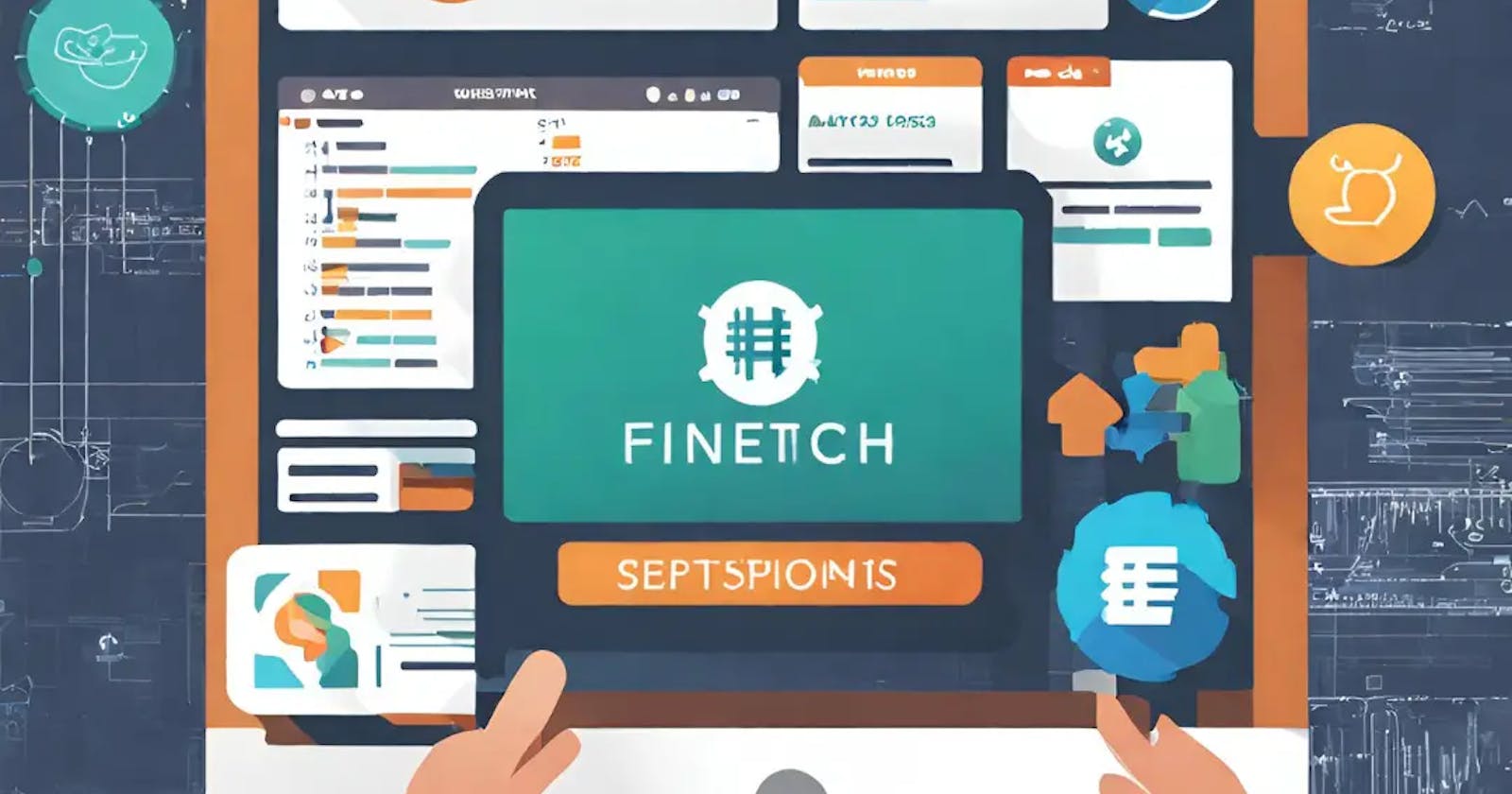Introduction
In recent years, the financial technology (fintech) sector has witnessed a revolutionary transformation with the integration of blockchain technology. Blockchain, originally designed as the underlying technology for cryptocurrencies, has found widespread applications in the financial industry, offering enhanced security, transparency, and efficiency. In this comprehensive guide, we will explore the impact of blockchain on fintech and delve into the various software development solutions that are shaping this transformative journey.
Basic of Blockchain in Fintech
Blockchain is a decentralized and distributed ledger technology that enables secure and transparent record-keeping. In the context of fintech, it eliminates the need for intermediaries, such as banks, by facilitating peer-to-peer transactions with enhanced security features. The immutability of blockchain ensures that once a transaction is recorded, it cannot be altered, providing a tamper-resistant and trustworthy system.
Key Advantages of Blockchain in Fintech
Enhanced Security: Blockchain utilizes cryptographic techniques to secure transactions, making it extremely difficult for unauthorized entities to manipulate data. This robust security framework addresses the growing concerns related to cyber threats and fraud in the financial industry.
Transparency and Traceability: The decentralized nature of blockchain ensures transparency in financial transactions. Every participant in the network has access to a synchronized and updated ledger, reducing the risk of errors and fraud. Additionally, the traceability of transactions enables quick and efficient auditing processes.
Cost Efficiency: By eliminating intermediaries and streamlining processes, blockchain significantly reduces transaction costs in fintech. Smart contracts, self-executing contracts with coded terms, automate various functions, further reducing operational expenses.
Improved Speed of Transactions: Traditional financial systems often involve time-consuming processes for verification and settlement. Blockchain transactions occur in real-time or near-real-time, leading to faster and more efficient financial transactions.
Fintech Software Development Solutions
Blockchain-Based Payment Solutions: Fintech software development services are increasingly focused on creating blockchain-based payment solutions that offer faster, more secure, and cost-effective cross-border transactions. These solutions leverage the decentralized nature of blockchain to eliminate delays associated with traditional banking systems.
Smart Contracts Development: Smart contracts are self-executing contracts with predefined rules and conditions. Fintech developers are actively creating smart contracts to automate various financial processes, including loan disbursements, insurance claims, and regulatory compliance. This not only reduces the risk of human error but also enhances operational efficiency.
Decentralized Finance (DeFi): DeFi is a rapidly growing sector within fintech that leverages blockchain to recreate traditional financial services without the need for centralized authorities. Fintech software development services are actively involved in creating decentralized lending platforms, automated market makers, and decentralized exchanges, providing users with greater financial inclusivity.
Identity Management Solutions: Blockchain-based identity management solutions are gaining prominence in fintech. These solutions offer a secure and tamper-proof way of managing user identities, reducing the risk of identity theft and unauthorized access. Fintech software developers are implementing blockchain to create robust identity verification systems for KYC (Know Your Customer) processes.
Regulatory Compliance Solutions: Blockchain's transparent and auditable nature is being harnessed to develop solutions that facilitate regulatory compliance in the financial sector. Automated reporting and real-time auditing enabled by blockchain contribute to a more compliant and accountable financial ecosystem.
Conclusion
The integration of blockchain in fintech has ushered in a new era of innovation and efficiency. Fintech software development services play a crucial role in harnessing the potential of blockchain technology to create solutions that address the evolving needs of the financial industry. As blockchain continues to disrupt traditional financial systems, businesses in the fintech sector must embrace these software development solutions to stay competitive, secure, and at the forefront of technological advancements.

